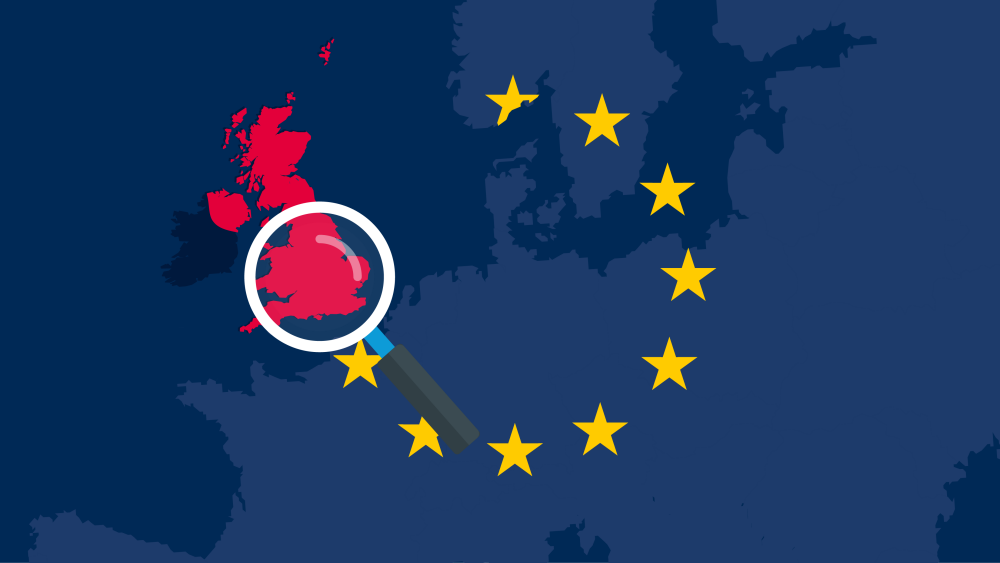Data protection tops EU-UK negotiation agenda
09 Jan 2020

Happy new year of Brexit to you.
This evening, MPs voted in the final stage to ratify the Withdrawal Agreement, that will see the UK leaving the EU on 31 January.
Given the arduous few years, we’ve all been through to get to this point, this moment seems like an immense step forward. However, this is arguably just a step before a much more complicated negotiation.
On 1 February, there begins the ‘future relationship’ negotiation period which aims to establish the UK-EU’s economic and political cooperation.
To give an idea, the negotiations over the last few years were only establishing on what basis we would leave the EU (named the Withdrawal Agreement) and give an indication (through the Political Declaration – remember that?) about how the UK and EU think it might like to work together in future.
The Withdrawal Agreement sets out that the UK will leave on the 31 January and will then remain within the EU Single Market and Customs Union until the future relationship talks are completed.
The government have said they end the future relationship talks by the end of 2020, regardless of whether a deal is reached. If a deal is not reached, the same no-deal ‘cliff-edge’ comes back into play, which presents a unique set of challenges that businesses have to be prepared for.
In eleven months, therefore, the UK and EU have to agree on the specificities of the future trading relationship and extent of the political cooperation after the talks are concluded and ratified by both parties.
Atop the agenda is access of markets for financial services, fishing, Northern Ireland border issues, traffic of good, and—the most important issue for our industry—data protection.
Both the EU and UK realise the importance of data protection. The free-flow of data between the EU and UK facilitates a huge number of business functions and allows market access to consumers and businesses.
The UK and EU hope to agree an ‘adequacy agreement’ that will mutually recognise both jurisdictions as taking adequate care of individuals’ data, and therefore will permit the processing, storage and use of that data within the others’ jurisdiction.
The EU and UK have indicated that this will very much be one of the first items on the negotiation agenda. This is good news, as it is likely to become clear early on what action businesses need to take when the future relationship period ends.
However… data protection is at the front of the agenda is because it is one of the big important issues on which the EU and UK agree.
There are a multiplicity of very complex and contentious items to discuss, and, as the EU has always made clear: nothing is agreed until everything is agreed.
If there is a sticking point later on say, on fishing (very likely), the whole thing could go to hell in a handcard.
However, as we all know, everyone is fed up of Brexit. The government and the EU will be very keen to ‘get Brexit done’ and move on. This may mean they are more amenable to compromise and nudging of red lines.
Access the DMA’s Brexit Toolkit.

Please login to comment.
Comments